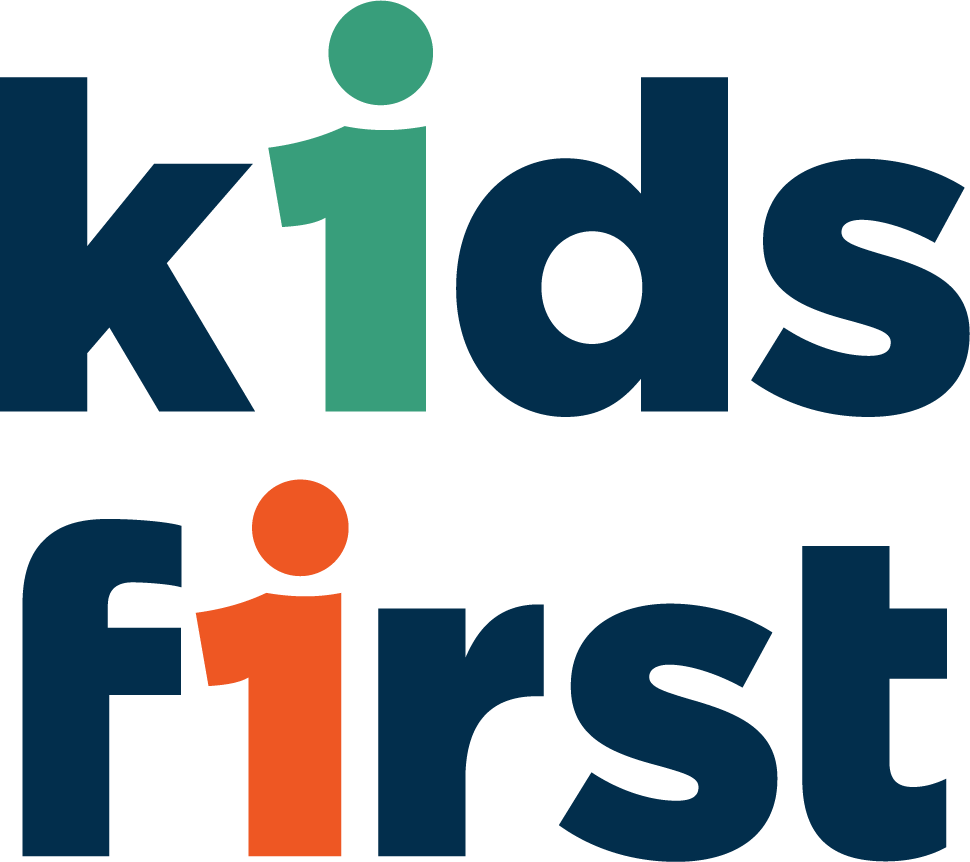The Impact of Foster Care on Children
Becoming a foster parent comes with its own set of challenges. The impact of foster care on children is profound. Foster children often experience trauma, loss, and instability, which can have lasting effects on their emotional and psychological well-being. As a foster parent, it is essential to be aware of these challenges. You want to provide a safe, nurturing environment that promotes healing and recovery. Here are five challenges that foster children may face, and ways in which foster parents can positively impact their lives.
5 Challenges Foster Parents Should Know About
Foster care is sometimes necessary, but it’s not easy. Here are some of the impacts of foster care on children.
Trauma and loss
Foster children have often experienced trauma and loss, such as abuse, neglect, or separation from their birth family. This can lead to a range of emotional and behavioral challenges, including anxiety, depression, and difficulty forming attachments. Foster parents can positively impact their foster children by being patient, empathetic, and supportive, and seeking professional help when necessary. By providing a safe and stable home environment, they can help their foster children heal from past traumas and develop healthy coping mechanisms.
Attachment and bonding
Foster children may struggle with attachment and bonding due to their previous experiences. They may have difficulty forming trusting relationships or may fear rejection and abandonment. Foster parents can positively impact their foster children by establishing a consistent routine, providing emotional support and reassurance, and being present and engaged in their lives. By building a strong relationship based on trust and mutual respect, foster parents can help their foster children feel safe and secure.
Identity and self-esteem
Foster children may struggle with issues related to their identity and self-esteem, such as feeling different or unworthy. Foster parents can positively impact their foster children by promoting positive self-talk and affirmations, encouraging their interests and talents, and providing opportunities for positive social interactions and peer relationships. By building a sense of self-worth and promoting positive self-image, foster parents can help their foster children develop a strong sense of identity.
Educational challenges
Foster children may experience educational challenges due to frequent moves, changes in schools, or lack of academic support. Foster parents can positively impact their foster children by advocating for their educational needs, providing homework help and academic support, and encouraging their engagement in extracurricular activities. By prioritizing their foster children’s education, foster parents can help them achieve academic success and prepare for a bright future.
Transitional challenges
Finally, foster children may struggle with transitions, such as moving to a new home or reunifying with their birth family. Foster parents can positively impact their foster children by preparing them for these transitions, providing emotional support and reassurance, and being open and honest about the process. By building a sense of trust and communication, foster parents can help their foster children feel more prepared and supported during these challenging times.
You Can Make a Positive Impact in the Life of a Foster Child
By being aware of the potential impact of foster care on children and providing a safe, nurturing environment, foster parents can positively impact their foster children’s lives. If you’re interested in learning more about foster parenting, Kids First in Fort Worth, TX, is a great resource to explore. With our guidance and support, you can make a difference in the lives of children in need.

